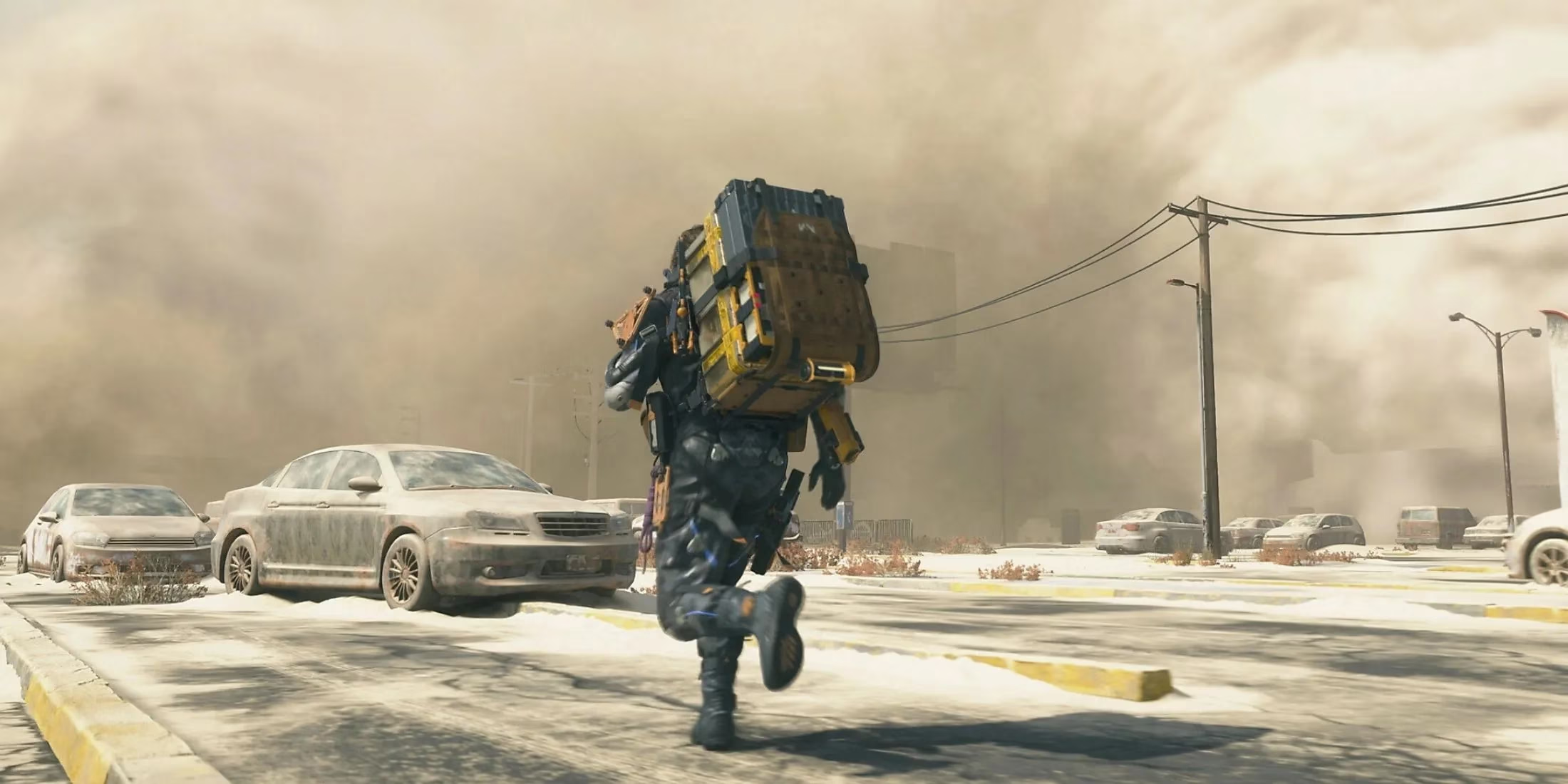I've been grinding away at Death Stranding 2: On the Beach for the past few weeks, and I just discovered something that has completely transformed my approach to deliveries. Like many players, I've been bundling up packages to save time, thinking I was being efficient. Boy, was I wrong. It turns out that delivering parcels one-by-one instead of in bulk significantly increases reputation gain with preppers, despite being more time-consuming.
As a veteran porter who's spent countless hours traversing the post-apocalyptic landscape of Hideo Kojima's masterpiece, I felt a mix of frustration and revelation when I realized this mechanic. The satisfaction of watching that reputation meter climb faster makes the extra effort worthwhile, even if my back disagrees after carrying all those packages individually.
The Mechanics Behind the Madness
When making deliveries to isolated settlements in Death Stranding 2, each successful drop-off increases your reputation with that prepper. What I've learned through painful trial and error is that there's a hard cap on how much reputation you can gain from a single delivery – no matter how massive your cargo load is.

This revelation came to me during a particularly grueling delivery to La Madre outpost. I had collected a mountain of lost cargo intended for them, thinking I'd make a massive reputation jump in one go. After hauling everything across BT territory and barely surviving a timefall storm, I was disappointed to see my reputation bar crawl forward by just one star, despite the enormous delivery.
The next time, I tried a different approach – delivering each item individually. The results were astounding:
-
Bulk delivery: One star gain maximum (regardless of cargo amount)
-
Individual deliveries: Potential for multiple star gains across separate deliveries
-
Time investment: Higher, but with substantially better rewards
Community Reactions and Personal Reflections
The Death Stranding community seems divided on this mechanic. Some players appreciate the strategic depth it adds, while others find it frustrating and counter-intuitive. Personally, I've come to see it as perfectly aligned with Kojima's vision.
As I trudged through a particularly nasty stretch of MULE territory yesterday, carrying just two packages instead of my usual dozen, I found myself more engaged with the journey. There's something meditative about making these repeated trips that resonates with the game's themes of connection and perseverance.
The way I see it, this isn't just about gameplay – it's about the narrative. Building trust with preppers isn't supposed to be quick or easy. Each delivery represents another opportunity to prove yourself reliable, another chance to strengthen bonds in this fractured world.
Strategic Implications for Porters
For those of us aiming for 100% completion in 2025, this knowledge fundamentally changes our approach. Here's how I've adapted my gameplay:
-
Plan routes with multiple return trips in mind
-
Prioritize preppers based on their rewards
-
Use vehicles strategically for the first leg of journeys
-
Set up zipline networks for efficient return trips 🚡
I've found that establishing a solid infrastructure before attempting to max out prepper relationships makes the process much more manageable. My personal strategy involves:
| Delivery Phase | Strategy |
|---|---|
| Initial Exploration | Scout terrain, mark hazards, collect lost cargo |
| Infrastructure Building | Establish roads, ziplines, and safe houses |
| Relationship Building | Make individual deliveries using established routes |
| Endgame | Focus on challenging deliveries for remaining preppers |
The Philosophy Behind the Design
While some might view this as an arbitrary restriction, I believe it speaks to Kojima's unique approach to game design. Death Stranding 2 isn't about efficiency or optimization – it's about the journey, the struggle, and the connections formed along the way.
The game forces you to slow down in a medium that typically rewards speed and efficiency. In my countless hours delivering packages across this beautiful, haunting landscape, I've come to appreciate these forced moments of reflection. Each trip becomes meaningful rather than just another checkbox on a completion list.
As Norman Reedus' Sam Porter Bridges, we're not just delivering packages – we're rebuilding trust in a world shattered by isolation. The game mechanics brilliantly reinforce this narrative through gameplay.
Looking Forward
This discovery has completely changed my approach to Death Stranding 2. What initially felt like a grind has transformed into a more purposeful experience. I'm taking more time to appreciate the stunning vistas and the subtle environmental storytelling that Kojima Productions has crafted.
For new porters joining the UCA in 2025, my advice is simple: embrace the journey. Don't rush to max out those prepper relationships. Each delivery is an opportunity to experience something new in this meticulously crafted world.
As I stand at the edge of a cliff, overlooking the vast landscape that still holds so many deliveries to make, I can't help but wonder: in a game so focused on connection, could this seemingly frustrating mechanic actually be Kojima's way of teaching us patience in building meaningful relationships? Or am I just overthinking a simple game balance decision while my packages get soaked in timefall?
